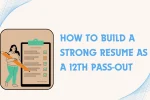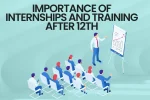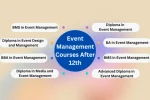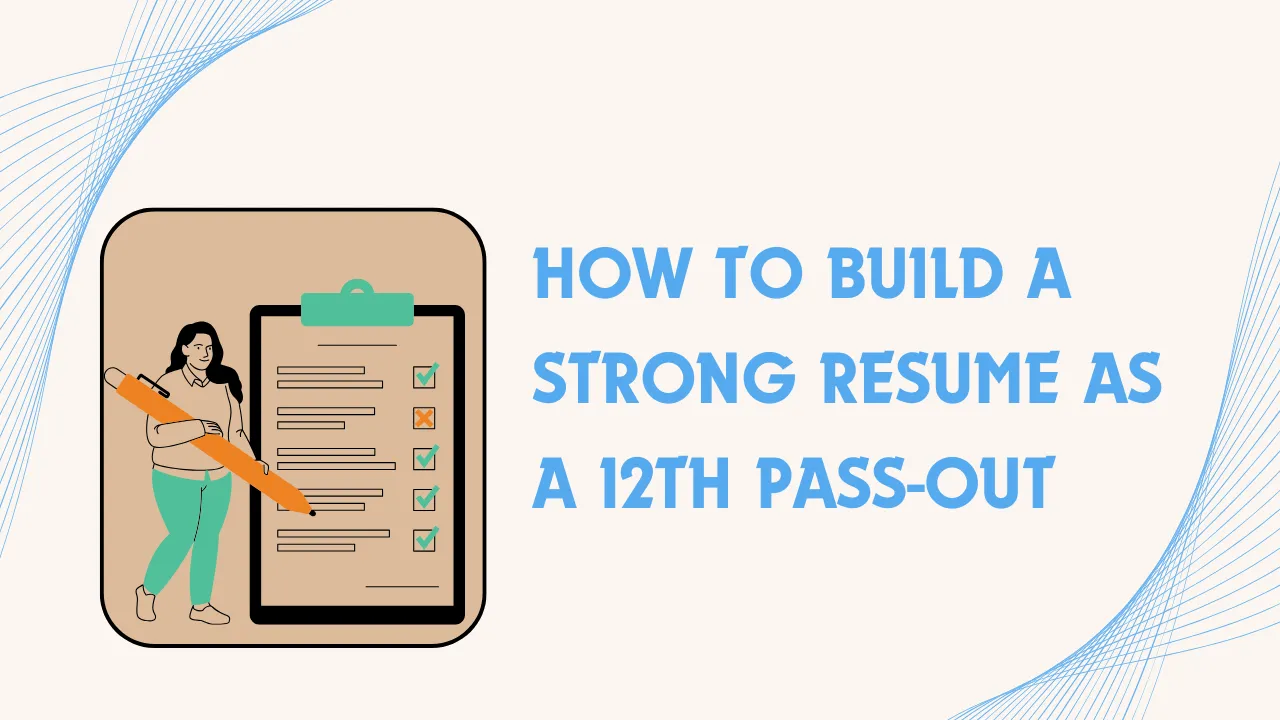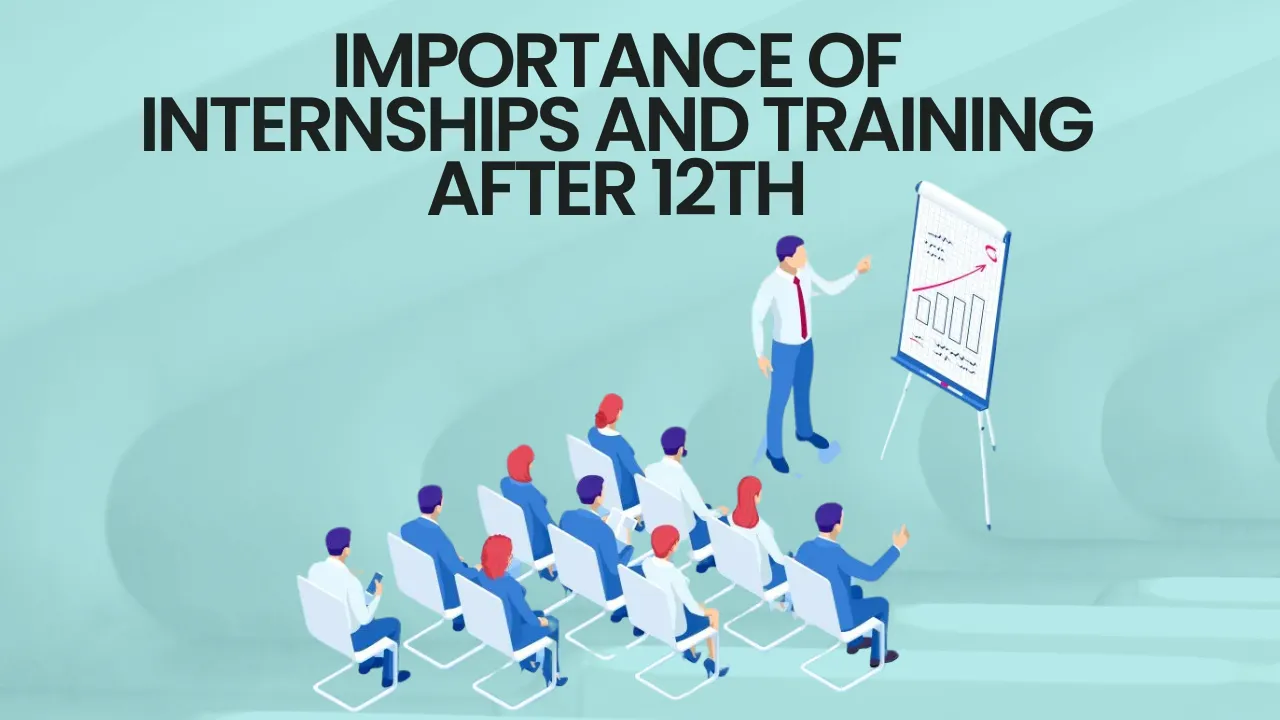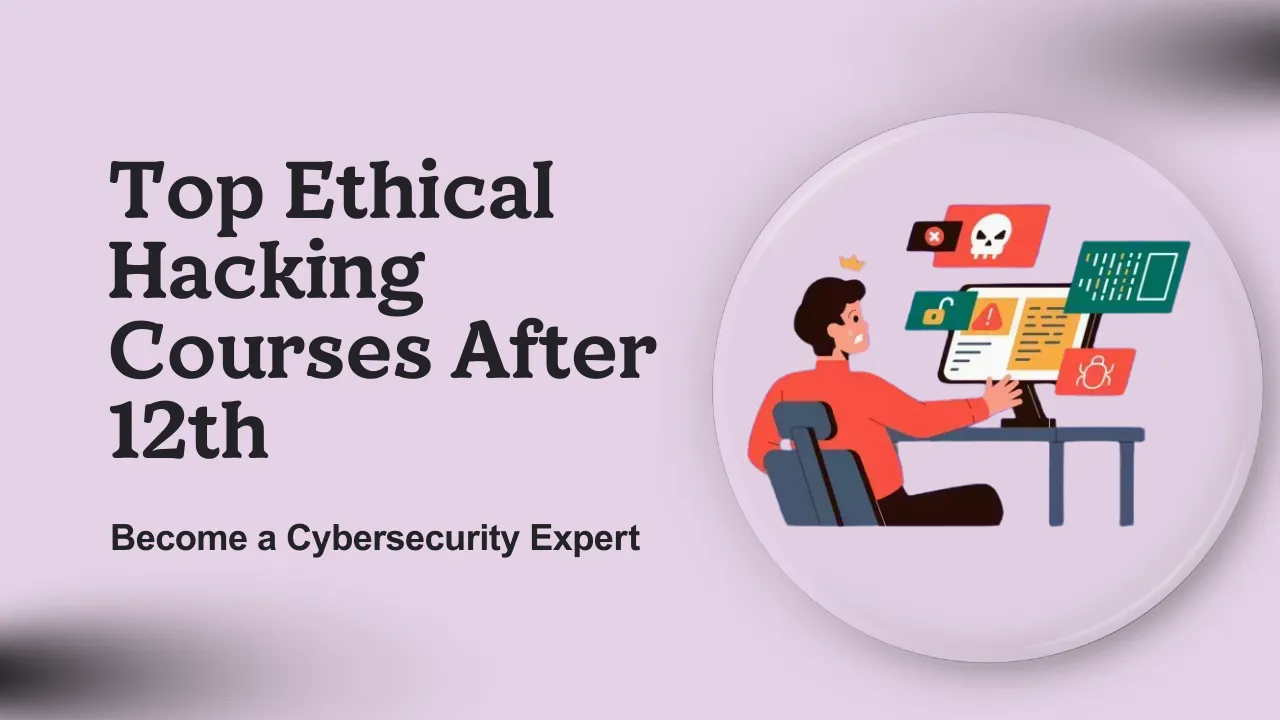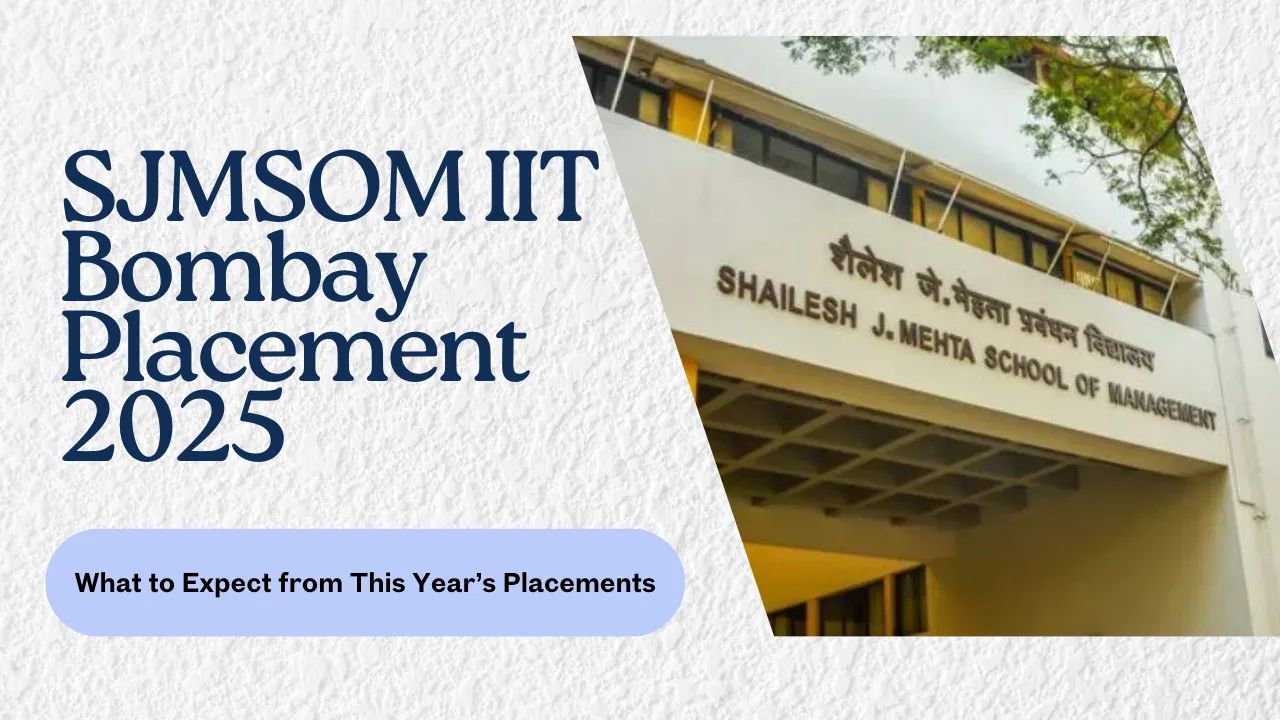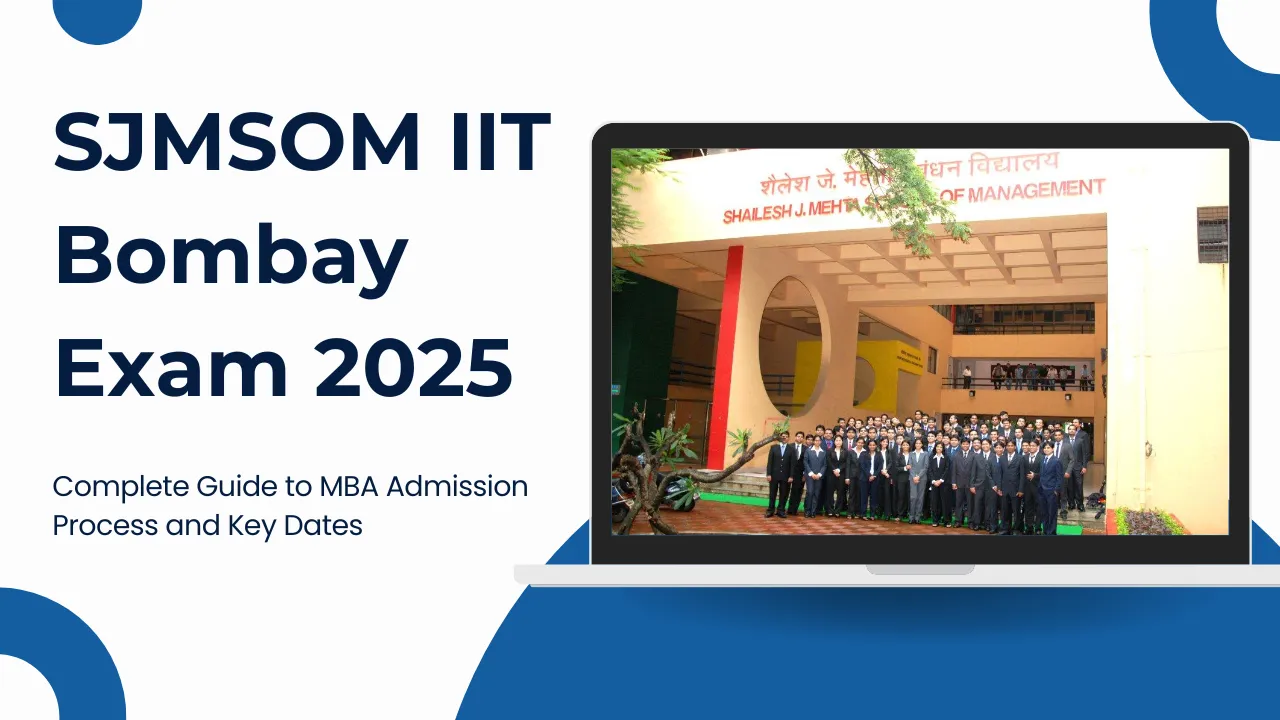Top Mistakes Students Make After 12th: Top mistakes students make after 12th are often the result of pressure, confusion, or lack of guidance during a crucial turning point in life. It’s an exciting time filled with possibilities, but it also demands careful decisions that can shape your future. Especially for students in places like Vrindavan, understanding the right path is essential to avoid setbacks.
In this article, we will explore the top mistakes students make after 12th and offer simple, practical tips on how to avoid them. Whether you’re planning further studies, considering a gap year, or unsure of your next step, this guide is here to help.
1. Lack of Career Planning and Self-Assessment
One of the top mistakes students make after 12th is rushing into a course or stream without understanding their interests or goals. This often happens due to trends, parental pressure, or a lack of information.
How to avoid it:
- Reflect on your interests, hobbies, and strengths.
- Use online career assessment tools or consult a career counselor.
- Research careers beyond the obvious options available in or around Vrindavan.
- Think long-term: what kind of life do you want to lead?
2. Following the Crowd or Giving In to Pressure
It’s common to choose a course just because friends are doing it or due to family expectations. This can lead to frustration and loss of motivation later.
How to avoid it:
- Make your decision independently after proper research.
- Communicate openly with your parents about your aspirations.
- Seek expert guidance to help everyone understand what suits you best.
3. Ignoring Passion and Interests
Choosing a career path just because it’s high-paying or popular, without considering your personal interest, is another major mistake.
How to avoid it:
- Combine your interests with practical career paths.
- Try short-term or online courses to explore areas like digital marketing, design, or coding.
- Passion-driven careers tend to lead to long-term satisfaction and success.
4. Not Researching Courses and Colleges
Students often select a course or institution without checking details like accreditation, faculty, placements, and course relevance.
How to avoid it:
- Visit official college websites to check updated information.
- Attend webinars and virtual campus tours.
- Reach out to current students or alumni through platforms like LinkedIn.
5. Focusing Only on Academics
Academic knowledge is important, but ignoring soft skills can limit your success in the real world.
How to avoid it:
- Participate in extracurriculars to develop communication and leadership skills.
- Take online courses in areas like presentation, problem-solving, and teamwork.
- Look for workshops or skill-building events, even locally in Vrindavan.
6. Taking a Gap Year Without a Purpose
A gap year without a plan can lead to laziness, anxiety, or loss of direction.
How to avoid it:
- If taking a break, plan it around learning or experiences like internships, volunteering, or skill-building.
- Create a weekly schedule for your activities and goals.
- Use this time wisely to explore different paths.
7. Skipping Internships or Practical Experience
Many students don’t realize how important hands-on experience is for career readiness.
How to avoid it:
- Look for online internships in your area of interest.
- Reach out to local businesses in Vrindavan for shadowing or part-time opportunities.
- Create personal projects or portfolios to showcase your skills.
8. Not Building a Network
Networking isn’t just for working professionals—students should also build connections early.
How to avoid it:
- Join student communities online or offline.
- Attend online seminars and career events.
- Connect with alumni and professionals through LinkedIn.
9. Fear of Making Mistakes
Many students hesitate to try new things or take risks because they fear failure. This can keep them from discovering their true potential.
How to avoid it:
- Accept that mistakes are part of learning.
- Try new courses, attend workshops, and take part in challenges.
- Seek feedback from mentors and stay open to change.
Most Common Mistakes at a Glance
Here are the top mistakes students make after 12th in summary:
- Choosing a course without self-assessment
- Giving in to peer or parental pressure
- Ignoring personal interests and strengths
- Failing to research institutions properly
- Neglecting soft skills and practical training
- Wasting a gap year without a clear plan
- Avoiding internships or volunteering
- Not networking or connecting with mentors
- Being too afraid to experiment or make mistakes
Avoiding these can make a big difference in your future career and personal satisfaction.
FAQs
1. Is it okay to take time to decide after 12th?
Yes, but make sure the time is used for exploration and growth, not just rest.
2. How can I convince my parents if I want a different career path?
Have open conversations, show them researched information, and involve a counselor if needed.
3. What if I realize I’ve made the wrong course choice?
It’s never too late. Many students switch courses or fields after the first year. Be flexible.
4. How can I find internships while living in a small town like Vrindavan?
Look for remote internships online, or reach out to local businesses for opportunities.
5. Do I need to go to a big city for a good career?
Not necessarily. With online education, remote work, and virtual internships, you can grow from anywhere.
Final Thought
Understanding the top mistakes students make after 12th helps you move forward with clarity and confidence. Whether you’re in Vrindavan or elsewhere, smart planning, open communication, and a willingness to learn can help you build a bright future. If you found this article useful, share it with your friends or drop a comment below! Want more insights? Explore other career guides tailored for students just like you.

